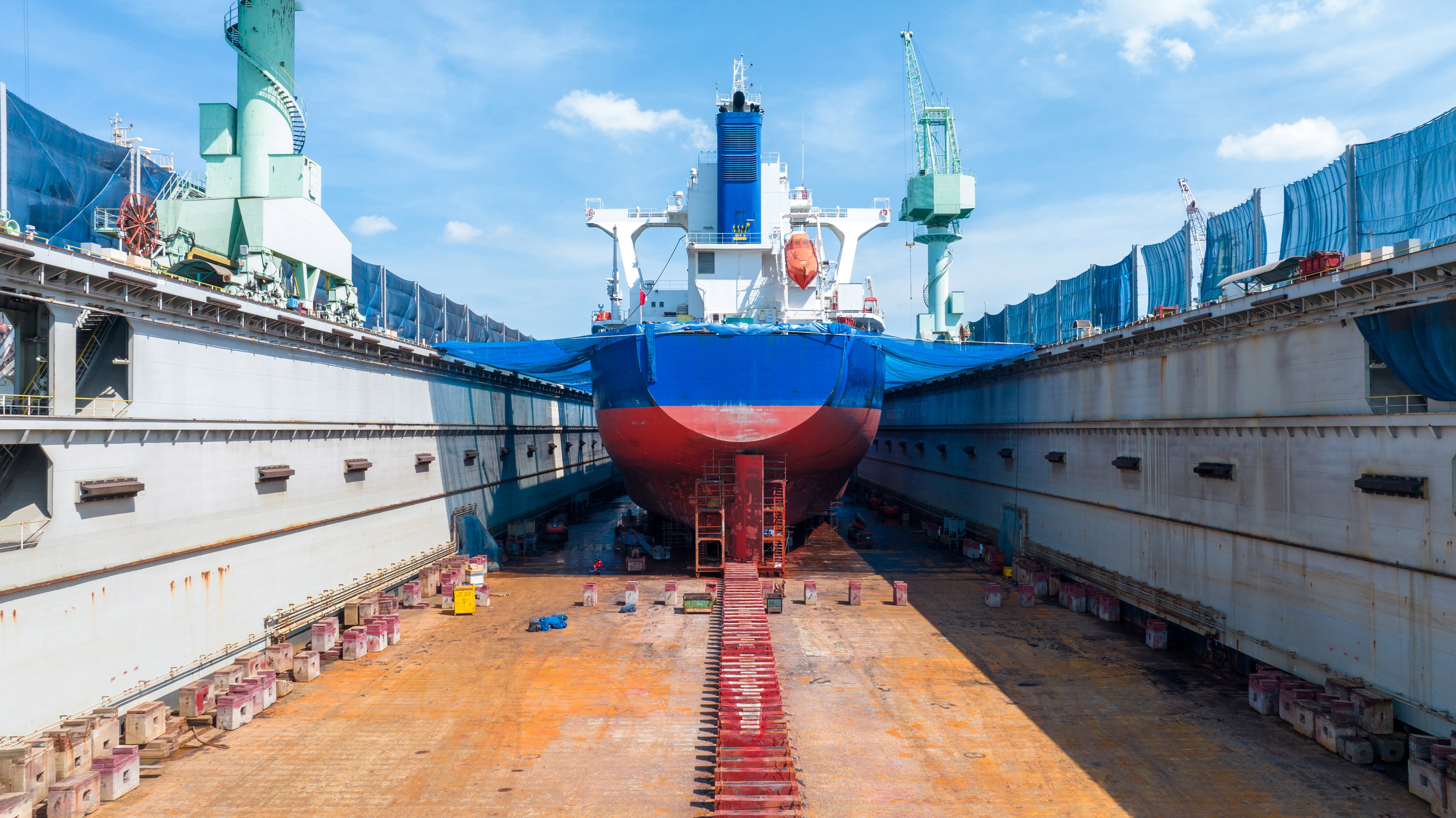Significance of Ship Operations in the Maritime Industry
Wilhelmsen insights
|
Wilhelmsen Ship Management
Technical ship operations involve managing a vessel’s technical and operational functions, including navigation, machinery upkeep, crewing, documentation, and risk control, to ensure safe and efficient voyages.
As the backbone of global trade, maritime shipping underpins supply chains worldwide. Efficiency, safety, and compliance are critical to avoid delays, reduce costs, and maintain regulatory standing.
In the modern industry, ship operators blend advanced technology, vessel-specific expertise, and strategic decision-making to meet strict regulations and stay competitive.
Core Pillars of Ship Operations
Running a vessel safely and efficiently is not about ticking boxes — it’s about managing a continuous chain of responsibilities. From the moment the gangway is lifted until the last cargo hatch is closed, ship operations rely on three interconnected pillars: safety, maintenance, and compliance.
Safety and Risk Management
Every voyage begins with safety. It shapes how crews plan their day, respond to changing weather, and work in high-risk spaces. Daily toolbox meetings identify potential hazards before they become incidents, while permit-to-work systems keep dangerous jobs under control. Emergency drills are carried out regularly so responses become second nature.
A strong safety culture not only protects lives but also sets the discipline for every other aspect of operations.
Technical Maintenance
When safety is embedded, maintenance becomes the next focus. Marine equipment can fail without warning, and breakdowns rarely happen at convenient times. Preventive measures — guided by manufacturer advice, class rules, and live diagnostics — help keep systems healthy. Vibration readings, oil samples, infrared scans, and exhaust gas checks provide early warnings.
Maintenance windows are timed to fit cargo schedules, reducing costly delays. When failures do occur, crews work with remote engineers using augmented-reality tools, while spare parts are shipped ahead to the next port. Each repair feeds into a knowledge base, lowering the risk of repeat incidents.
Compliance
Shipping faces constant regulatory demands, from MARPOL and the Ballast Water Management Convention to new carbon-intensity rules (CII/EEXI). Compliance is no longer a yearly audit — it’s a daily practice.
Data from onboard sensors is logged through approved electronic record books and reporting systems like the IMO Data Collection System (DCS) and EU MRV, streamlining verification of fuel use and emissions. Digital safety-management systems keep crews updated as rules change, embedding compliance into routine operations and reducing the risk of costly detentions.
Routine training on tasks like sealing scuppers or testing exhaust gases keeps crews ahead of inspections. Ships with spotless records are less likely to be detained, and fleets with strong compliance track records gain the trust of financiers, reducing the cost of capital over time.

Technology in Modern Ship Operations
As real-time data reshapes onboard operations, the next step is turning that information into smarter decisions that boost efficiency and reliability.
Digital Tools for Real-Time Performance Monitoring
Modern ship operations have moved beyond traditional noon reports to real-time performance data transmitted via low-orbit satellites. Key indicators such as shaft power, trim, and hull condition are tracked continuously, giving shore teams insights to advise crews without distracting them from navigation. This transparency also helps resolve charter-party disputes and enables the future creation of digital twins — virtual vessel models used for planning, maintenance, and upgrades.
Data-Driven Decision-Making for Efficiency and Reliability
Collected data supports predictive maintenance through machine learning, optimizing oil feed and overhaul schedules through machine learning, optimizing oil feed and overhaul schedules. Strategic dashboards evaluate the cost-benefit of efficiency measures, while weather-routing tools balance comfort and fuel savings.
Diverse Vessel Management
Liquefied-Natural-Gas (LNG) Carriers
A modern LNG carrier must protect cryogenic cargo at –162 °C while turning unavoidable boil-off gas into useful propulsion energy. Mismanaging that vapor not only wastes fuel but also reduces charter earnings. Every valve setting and reliquefaction parameter is therefore managed with precise care.
Bulk Carriers
Bulk carriers must avoid midship damage caused by heavy, uneven loads. Automated systems help plan loading and ballast changes in real time, keeping stress within safe limits during loading and unloading.
Container Vessels
Container ships carry time-sensitive cargo on demanding port schedules. Careful stowage planning maximises space while maintaining vessel stability, while real-time monitoring ensures refrigerated containers remain within safe temperatures. Semi-automatic twistlocks and other terminal innovations speed up turnaround and reduce crew workload during port calls.
Passenger Vessels
Cruise and ferry operators must provide hotel-level comfort with strict SOLAS evacuation rules. They rely on backup sewage systems, strong HVAC networks, and lifeboat capacity for thousands, along with rapid-response blackout systems that shift essential hotel loads to emergency generators without delay.
Chemical Tankers
Cargoes ranging from caustic soda to highly reactive chemicals require perfect separation. Stainless-steel tanks are carefully treated, and every transfer plan is checked against compatibility matrices so that a single mis-set valve does not trigger harmful chemical reactions.
Offshore Support Vessels
Operating close to drilling rigs, OSVs rely on multiple backup thrusters and high-precision dynamic-positioning systems that adjust directions and power output with changing wind and wave conditions. Deck teams simultaneously manage heavy-lift cranes equipped with active heave compensation to protect both load and crew
Why Effective Ship Operations Matter
For shipowners, efficiency is measurable in every voyage. A one-percent fuel saving on a cape-size bulker burning sixty tonnes a day can mean thousands of dollars saved daily, adding up to significant annual gains. Clean inspection records prevent costly delays, keep schedules intact, and build charterer confidence.
Fleets with strong safety records enjoy lower insurance premiums, while those meeting ESG standards attract investors offering more favourable financing. Integrated technical ship management leverages economies of scale, streamlining procurement, pooling fleet data, and deploying mobile maintenance teams to prevent disruptions. Predictive insights allow operators to schedule interventions at optimal times, resulting in more reliable fleets, reduced off-hire time, and stronger reputations.
